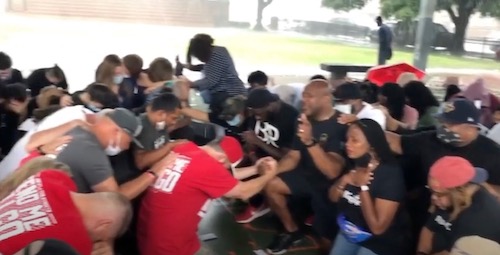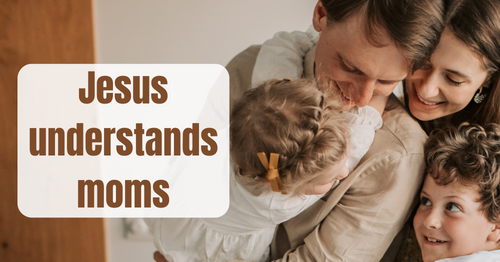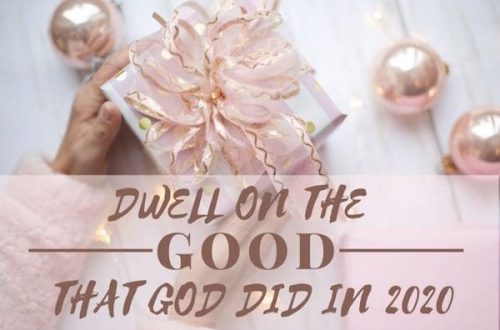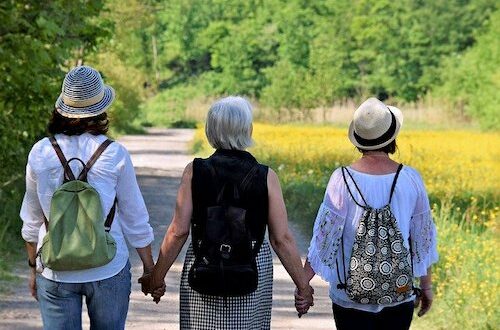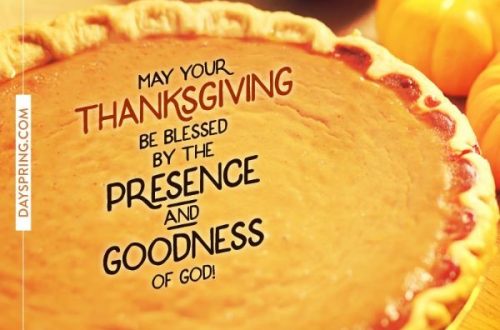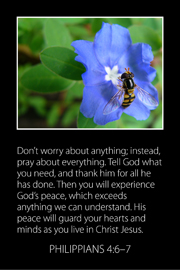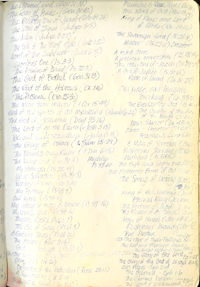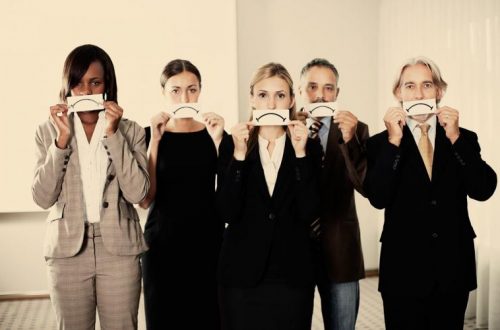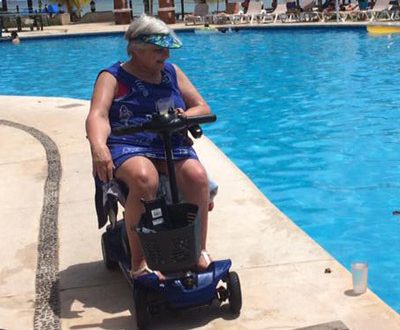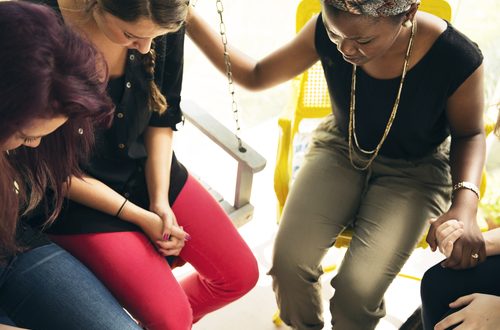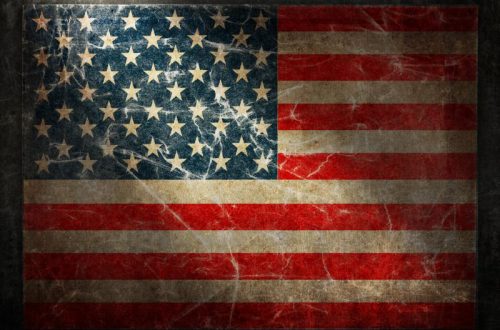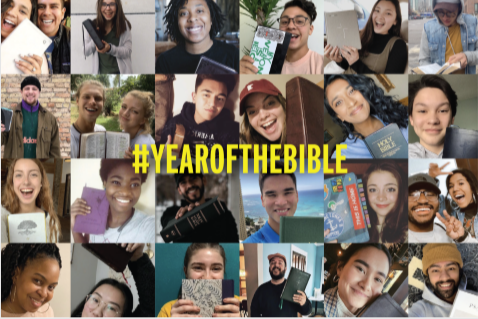-
The Need for Reconciliation
The senseless killings and violence in our nation confirm the uncertain, chaotic time we are living in. Our minds are flooded with questions: What am I to do? How am I to think? Who do I look to for direction; how do I interpret the violence and the injustice? What is the root? From the images and specific messages of the last few days we have a window into the chaos. We are invited to listen, to pay attention, to be informed and open. In the midst of our confusion, disruption, disillusion, fear, anger, grief and sadness can we stop, as Christians, and take some deep breaths. Focus back on…
-
The Beauty of God’s Diverse Children
Breathing the crisp morning air on any weekday in 1976 meant I was on my way to school. From our apartment, I could hear the screeching sound of brakes making their way to our stop. On the corner of Harry Hines and Wolf St., the bus picked up students who lived in Little Mexico Village to take them to the nearby schools. In the beginning, I tried to sit only with my brothers and sisters. The first time I rode the bus, I felt afraid and kept to myself. That’s what happens when you face all kinds of different. Fear almost always welcomes you, but soon curiosity gets a…
-
7 Baby Steps Whites Can Take to Fight Racism
While studying gender in my PhD program, I was assigned to read Gender and Jim Crow: Women and the Politics of White Supremacy in North Carolina, 1896–1920. At the risk of sounding like Nerd Girl, it was the best book I read all year. One of its strengths was that it introduced readers to the African-American middle class that existed between 1890 and 1960. Of special interest to me were photos of male and female seminary students studying theology—including Koine Greek—under male and female professors. Most white seminaries didn’t admit women till the 1970s, let alone hire them as professors. I had been taught that the U.S. Women’s Movement in…
-
Racism: Blind to Privilege
I had never considered myself a racist. When I was kid, my parents helped me send the coins in my piggy bank to Dr. Martin Luther King, Jr.’s work. And I have family members who are African-Americans and Latinos. So I thought I was good. I got my first hard look at my blindness when I took Greek from an African-American professor. He told us that racism was not a white problem; it was a sin problem. He gave international examples of darker and lighter groups hating each other. Afterward, I said I wanted to be color-blind, and he stopped me. “You need to see the color,” he said. “God…
